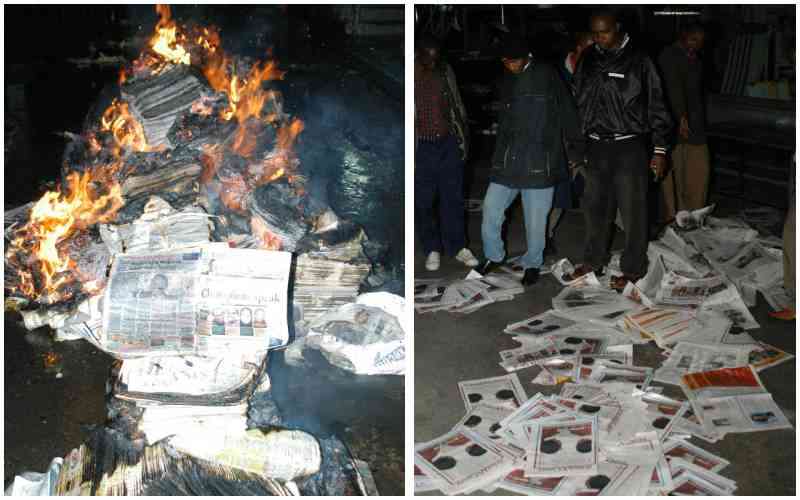×
The Standard e-Paper
Smart Minds Choose Us

Around midnight of March 1 and 2, 2006, my cell phone started ringing incessantly, jolting me from a deep slumber.
I ignored the call and continued lying in bed. However, the calls became persistent. My wife thought I hadn't heard the phone ringing and jerked me with her hand.